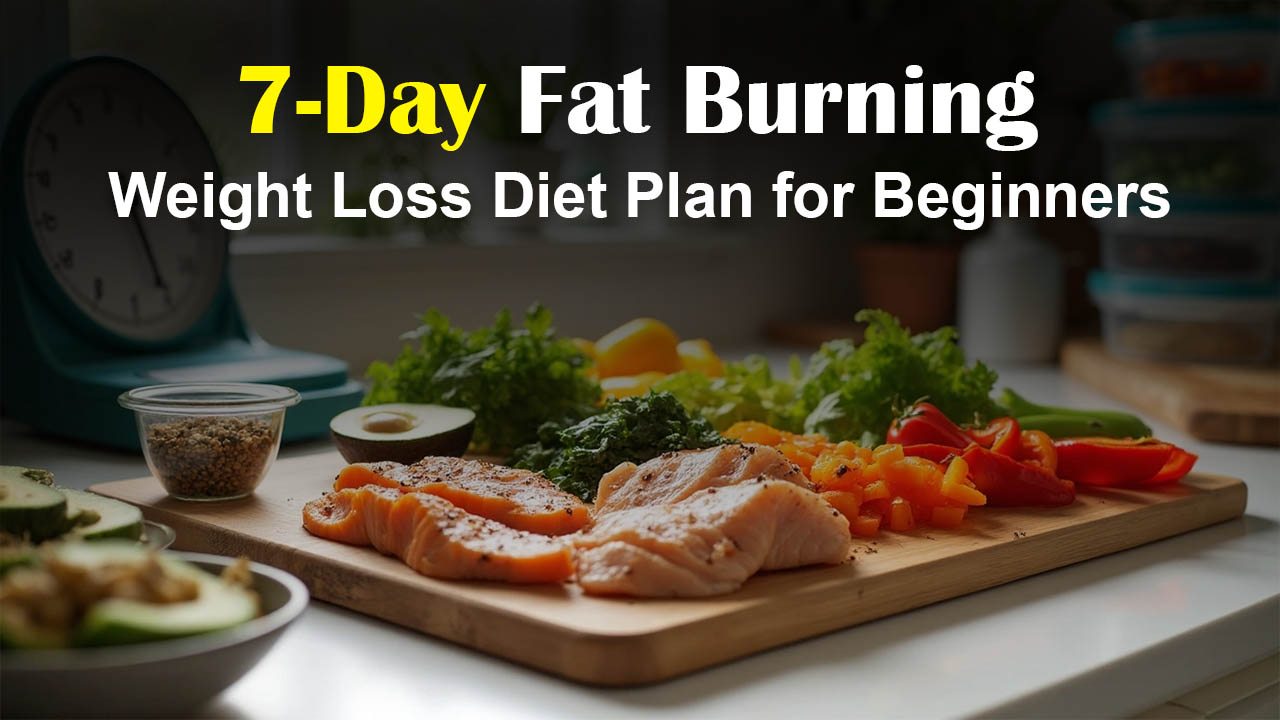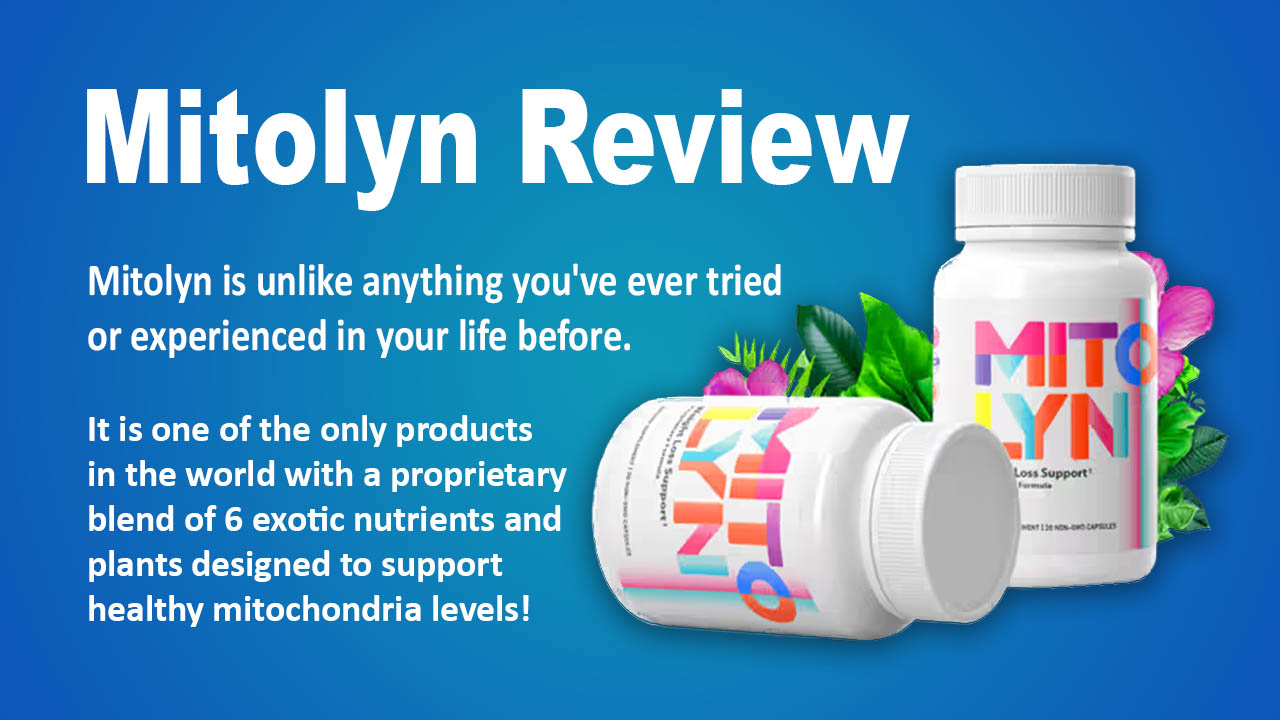Best Diets for Weight Loss in 2025, According to Experts
Choosing a new diet can be a daunting task, and it’s important to take the time to find one that works for you. Keri Gans, M.S., R.D., author of The Small Change Diet, emphasizes that healthy weight loss is a commitment that takes time. When selecting a diet, it’s best to opt for options that include all foods, rather than those that eliminate foods, especially the ones you love.

How to Choose a New Diet?
Making a decision about a new diet is a significant matter, and it can be tricky to choose the right one for you. ‘It’s important to keep in mind that achieving healthy weight loss requires a long-term commitment,’ says Keri Gans, M.S., R.D., author of The Small Change Diet. ‘There’s no quick fix. When selecting a diet, go for one that includes a variety of foods and doesn’t focus on eliminating certain foods, especially the ones you enjoy.’
Amanda Holtzer, M.S., R.D., a dietitian at Culina Health, recommends asking yourself the following question before settling on a new diet:
Sustainable
It’s important to choose a diet that you can maintain. Consider your lifestyle, diet preferences, and any health issues you may have. Make sure to pick a diet that works for you in the long run.
Restrictive
Avoid diets that make you feel deprived or overly restrictive. These kinds of diets can lead to disordered eating habits and potentially harmful long-term effects.
Life
Make sure the diet you choose fits into your daily routine and doesn’t interfere with your normal activities. You don’t want to feel like you have to give up your social life or change your family’s eating habits.
Nourished
A healthy diet should provide you with the nutrients your body needs to function properly. Make sure to choose a diet that supports your overall health and well-being.
How long should you give a diet before considering a change?
When it comes to choosing a diet, it’s possible to make an initial decision that may not be the right fit for you. So, how long should you stick with it before trying something new? According to experts, the answer is “not very long.” Instead, they suggest regularly checking in with yourself to assess how you’re feeling on the new diet. Here are a few factors to consider:
Even if you complete just the first day of a diet, and your answers to some critical questions indicate that it may not be suitable for you, it’s time to call it quits, says Holtzer. Life is too short to be on a diet that detracts from your overall well-being. However, if you find daily check-ins to be too overwhelming, you can reevaluate your progress on a weekly basis instead.
Gans agrees that you shouldn’t persist with a diet that doesn’t feel right. If you’re losing one to two pounds per week, you’re on the path to success. However, if you’re shedding weight but find it incredibly challenging to sustain, it’s crucial to switch gears immediately.
In general, Gans suggests keeping this principle in mind: the best diet is one that doesn’t feel like a diet at all. It should incorporate all food groups, educate you about portion sizes, provide healthy cooking tips, offer strategies for dining out, encourage regular physical activity, and emphasize the importance of adequate sleep. In essence, the best “diet” is actually a sustainable lifestyle.
To assist you further, we consulted a panel of dietitians who have examined and evaluated numerous popular diets. They have provided recommendations for the top 15 diets worth considering, along with insights into their advantages, disadvantages, and whether they leave you feeling hungry. Additionally, they’ve identified four diets that you should disregard entirely.
Mediterranean Diet
This diet emphasizes whole foods such as fruits, vegetables, nuts, seeds, legumes, and whole grains. It also includes healthy fats such as olive oil and fish. Research has shown that this diet may reduce the risk of heart disease and improve overall health.
DASH Diet
The Dietary Approaches to Stop Hypertension (DASH) diet is similar to the Mediterranean diet, but with a focus on reducing sodium intake. This diet is designed to help lower blood pressure and improve overall heart health.
WW (formerly Weight Watchers)
Weight Watchers is a popular diet program that emphasizes portion control and encourages you to make healthier food choices. It also offers support through meetings or online communities. WW is a great option for those looking for a flexible and sustainable weight loss plan.
Vegan Diet
A vegan diet eliminates all animal products, including meat, dairy, and eggs. This diet can improve heart health, lower the risk of type 2 diabetes, and aid in weight loss.
Flexitarian Diet
The Flexitarian diet is a plant-based diet that allows for occasional meat consumption. This diet emphasizes whole foods and encourages a reduction in processed foods and added sugars. Studies have shown that this diet may lead to weight loss and improve overall health.
Intermittent Fasting
Intermittent fasting involves cycling between periods of eating and fasting. This diet can help with weight loss and improve overall health by reducing insulin levels and promoting cellular repair.
Volumetrics Diet
The Volumetrics diet focuses on eating high-volume, low-calorie foods such as fruits, vegetables, and soups. This diet is designed to promote fullness and help with weight loss.
Plant-Based Diet
A plant-based diet emphasizes whole, plant-based foods and limits or eliminates animal products. This diet can improve heart health, reduce inflammation in the body, and aid in weight loss.
The New Mayo Clinic Diet
The Mayo Clinic Diet is a two-phase plan designed to help you lose weight and keep it off. The diet emphasizes healthy eating habits and encourages lifestyle changes such as physical activity and stress management.
Noom
Noom is a weight-loss app that utilizes behavior change techniques to promote healthy habits and weight loss. This app encourages a balanced and sustainable approach to weight loss through personalized coaching and support.
Pescatarian Diet
The Pescatarian diet is similar to a vegetarian diet, but with the inclusion of seafood. This diet can reduce the risk of heart disease, improve brain function, and aid in weight loss.
TLC Diet
The Therapeutic Lifestyle Changes (TLC) diet is designed to lower cholesterol levels and reduce the risk of heart disease. This diet emphasizes healthy fats, whole grains, and plenty of fruits and vegetables.
MIND Diet
The MIND diet is a combination of the Mediterranean and DASH diets. This diet is specifically designed to improve brain health and reduce the risk of Alzheimer’s disease.
Vegetarian Diet
A vegetarian diet eliminates all meat, including poultry and fish. This diet can improve heart health, lower the risk of certain cancers, and aid in weight loss.
Dr. Weil’s Anti-Inflammatory Diet
The Anti-Inflammatory diet focuses on eating whole, anti-inflammatory foods such as fruits, vegetables, whole grains, and healthy fats. This diet can reduce inflammation in the body and improve overall health.
Ornish Diet
The Ornish diet is a low-fat, plant-based diet designed to improve heart health and reduce the risk of heart disease. This diet emphasizes whole foods and encourages lifestyle changes such as physical activity and stress management.
Skip It: Paleo Diet
The Paleo diet, also known as the “caveman” diet, has been around for quite some time. The premise of this diet is to only consume foods that were available to our ancestors during the Paleolithic era, which encourages a high intake of protein, healthy fats, and vegetables while eliminating grains, dairy, and processed foods.
While this may seem like a healthy approach, research has shown that it can be unsustainable in the long run. Restricting certain food groups can lead to nutrient deficiencies, and the high emphasis on animal products may increase saturated fat consumption, which puts individuals at risk for heart disease. Additionally, the lack of carbohydrates can result in low energy levels and difficulty with physical performance.
Skip It: Keto Diet
The Keto diet, short for “ketogenic,” is a low-carb, high-fat diet that encourages the body to enter into a state of ketosis. This metabolic state forces the body to use fat as energy rather than carbohydrates, which results in faster weight loss and improved blood sugar control.
While the idea of rapid weight loss may be appealing, the Keto diet has some potential negative side effects. Eliminating entire food groups such as fruits and whole grains can lead to nutrient deficiencies, and the high fat consumption can increase the risk for heart disease. Additionally, the strict nature of the diet can be difficult to maintain long term, potentially leading to yo-yo dieting.
Skip It: Sirtfood Diet
The Sirtfood diet, which has gained popularity in recent years, focuses on consuming foods that activate sirtuins in the body. These sirtuins act as “skinny genes” and are believed to aid in weight loss and cellular health.
While the premise of this diet may sound promising, the limited research on the Sirtfood diet suggests it may not be sustainable or healthy for the long term. The emphasis on calorie counting and certain “sirtfoods” can become obsessive and lead to disordered eating habits. Additionally, the lack of emphasis on balanced nutrition and variety in foods can increase the risk for nutrient deficiencies.
Skip It: The Mayr Diet
The Mayr diet, also known as the “alkaline” or “digestive” diet, is based on the teachings of Dr. Franz Xaver Mayr, an Austrian physician who believed in the importance of gut health for overall wellness. The diet emphasizes consuming whole, unprocessed foods and encourages slow, mindful eating habits.
While the focus on gut health and whole foods is beneficial, the Mayr diet places heavy restrictions on certain foods and promotes restrictive eating habits. The strict nature of this diet can lead to feelings of deprivation and potentially trigger disordered eating habits. Additionally, the lack of emphasis on balanced nutrition can increase the risk for nutrient deficiencies.






